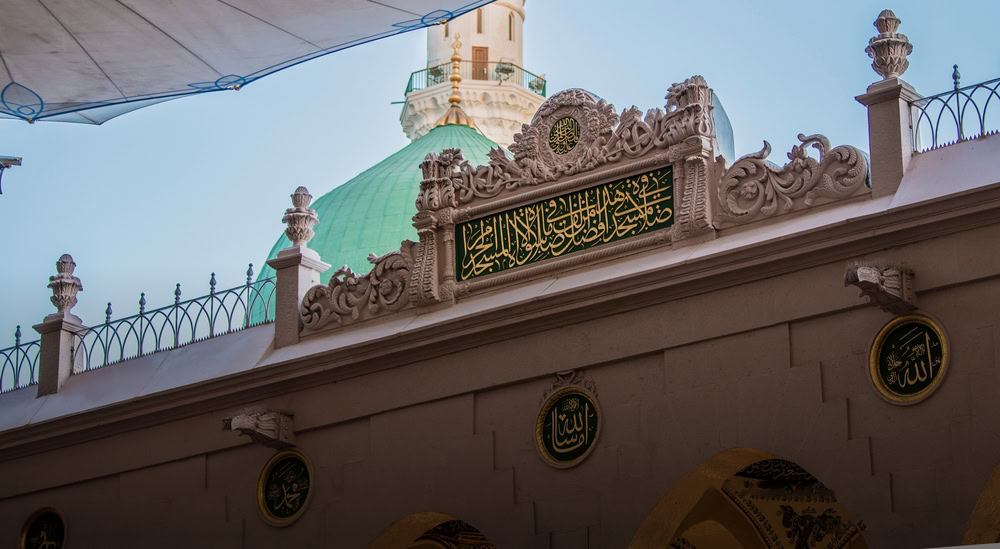Are Prophets Non-Mahrams?
Hanafi Fiqh
Answered by Shaykh Abdul-Rahim Reasat
Question
Are Prophets Non-Mahrams? If so, why?
Answer
I pray you are well.
Yes, all of the Prophets (peace and blessings on them all) were considered non-mahrams for all women, with the exception of those the Shari’a usually excludes.
We know this regarding the Messenger of Allah (Allah bless him and give him peace) because of the verses regarding the women Muslim men are married to: “Forbidden to you for marriage are your mothers, your daughters, your sisters, your paternal and maternal aunts…” (Quran, 4:23-25)
These verses apply to the Messenger of Allah (Allah bless him and give him peace) as well as the rest of the Umma. The default is that the precious scriptures would have had similar rulings for the Prophets and people of their respective times. However, certain ancillary rulings may have been different depending of the specific revelation.
The Rules Apply to Everyone
Based on the above it is important to remember that the rules in this regard apply to everyone. Hence the impermissibility of being alone with a non-mahram, let along touching them – without a Shari’a approved exception, such as with a doctor in the capacity required. This applies to scholars and laymen alike. No one is above the Shari’a.
May Allah protect us from veering off the way He commanded us to be on. Amin.
[Shaykh] Abdul-Rahim Reasat
Checked and Approved by Shaykh Faraz Rabbani
Shaykh Abdul-Rahim Reasat began studying Arabic Grammar and Morphology whilst studying for a degree in English and History. After graduating, He traveled to Damascus and studied Arabic, Hanafi Fiqh, Usul al-Fiqh, Theology, and Logic with Shaykh Adnan Darwish, Shaykh ‘Abd al-Rahman Arjan al-Binsawi, Shaykh Husayn Darwish, Shaykh Muhammad Darwish, the late Shaykh Rashad Shams, and others. He then moved to Amman to continue his studies in those fields, as well as in Tafsir, Quranic Sciences, Hadith Methodology and Commentary, Prophetic Biography, Prophetic Perfections and Traits, Rhetoric, Arabic Literature, and Tajwid. His teachers include Shaykh Ali Hani, Dr. Hamza al-Bakri, Dr Salah Abu al-Hajj, Dr Mansur Abu Zina, Shaykh Ahmad Hasanat, Shaykh Ahmad Jammal, and others.
